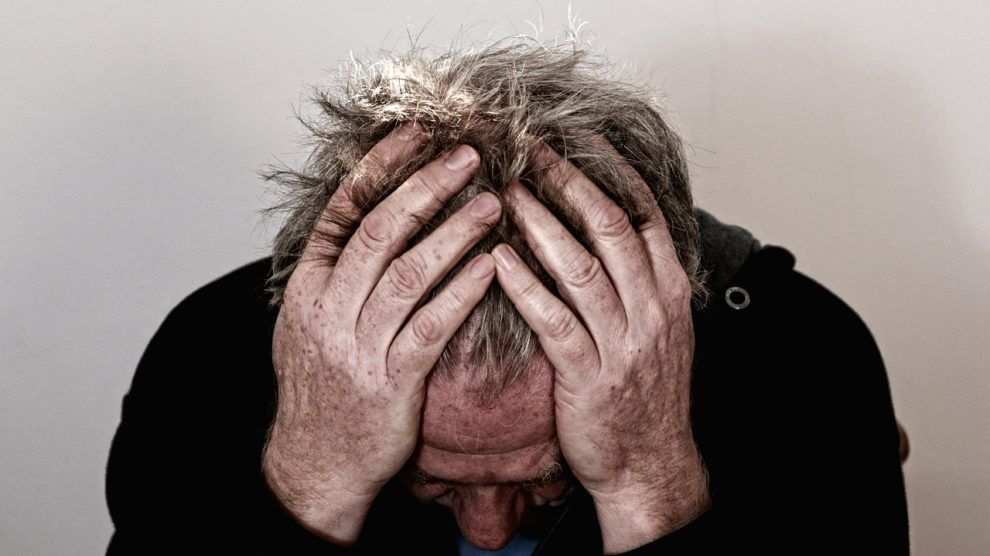Economic crises are increasingly likely to become a reality. Their causes are financial in nature, amid a pandemic or as a result of a period of global drought. And these are just some of the reasons that can trigger an economic crisis . Such a situation has massive repercussions on the population’s finances.
Romania’s Gross Domestic Product fell by 8% during the 2009 crisis, but the situation was not as disastrous as in the Baltic States, for example. Estonia (13.7%), Lithuania (18.1%) and Latvia (18%) were among the countries with the largest declines in GDP. It is very difficult to cope with an economic crisis, but it is not impossible. It is important to prepare in advance for the onset of the crisis and to apply the advice of financial specialists.
An anticipated economic crisis is a half-easy crisis!
Anticipating changes of a financial nature financially, but also personally, allows you to take the necessary measures in time. Mainly, they are related to how you will handle the situation before and during the crisis. Here are the most important things you can improve:
- The job – it must be stable and have continuity even during the crisis. During the crisis, SMEs are affected, but almost 95% of businesses in Romania are of this type. The field in which the company operates matters a lot, if the products and services offered are among those considered essential. Regardless of the type of company, you need to ensure in advance the savings needed for financial self-support in times of crisis.
- Consider a professional retraining – if your job is in danger during the crisis, then you can turn to another type of service. Adaptation is one of the characteristics needed to overcome economic crises.
- Make the most of your free time – if you want to accumulate money for the crisis, then you need to maximize the profit you made before it broke out. You can work overtime and on weekends or you can do activities on your own after the program. Extending your sources of income will make it easier for you to earn extra money that you can save.
- Do not forget the rule 50-30-20 – is one of the financial rules recommended by finance specialists. Basically, your monthly budget will be divided into categories of expenses (to which you will allocate 50% of the money earned); for unclassified purposes (generally fun and for relaxation, where you will allocate a percentage of 30% of income) and for saving (20% of what you earn will end up in a savings account / deposit).
- Adapt your lifestyle to the current crisis conditions – it is very clear that you will not proceed in the same way as before with money. The level of spending must be kept to a minimum, and the satisfaction of small “innocent pleasures” must be postponed. A lifestyle oriented towards saving on all levels will allow you to manage the situation much more efficiently.
- Emergency fund – will help you deal with situations that you did not take into account. It is afund that is set up in parallel with the savings fund , having a different objective from that. Of course, it can be considered an additional method of saving, which helps you even more.
- Make sure you don’t owe anything before the crisis – we usually make the largest payments to credit rates, overdrafts or credit cards. It is not at all advantageous to enter a crisis with financial resources and expenses that you cannot control. Imagine what could happen to your rate if you opted for a variable interest rate! In times of crisis, the exchange rate can go crazy, and your rate will increase instantly. So, get rid of the loans you have, long before the crisis.
It’s easy to plan how your life will look financially. Identify the categories of expenses where you can make discounts, expand your financial horizon and save as much as possible.
Calculate your level of financial risk!
Each of us has a certain level of financial risk that we can afford. Some of us are willing to adapt to the situation financially. Others, on the contrary, prefer to remain as they are. In this case, more than likely you need to determine the level of financial risk.
Financial experts advise us to think rather pessimistically when it comes to money. In this way, we will be prepared to make every effort to generate more money. Which means taking risks, with maximized financial effects!
Always think about saving big!
Probably, if you tell yourself that you don’t drink your coffee in the city anymore and you get it ready from home, you will save. Yes, this is also a way to get extra money. But if you stop buying coffee in the city and go out often with friends every week, where can you get more money? So, think about saving on another level. Reducing spending on all levels is the solution to making money . Remember the 50-30-20 rule (expenses / relaxation / saving).
How about 50-15-35? Sounds very difficult to you? When it comes to saving to prevent a crisis, nothing is too much. Nobody says to give up fun completely, but how about doing it for free? Replace all those ways to relax that involve money with some that cost you nothing, but that have similar effects.
*PUBLICITATENobody forces you to save for the crisis!
But what will you do when you have only a limited source of money? Technical unemployment gives you only 75% of your income, and lack of money means completely changing your lifestyle. Nobody forces you to save for the crisis, but it is better to do it on your own initiative. You will have control and you will be able to prepare various plans for the scenarios during the crisis. When you act intelligently, any crisis is easier to overcome!













